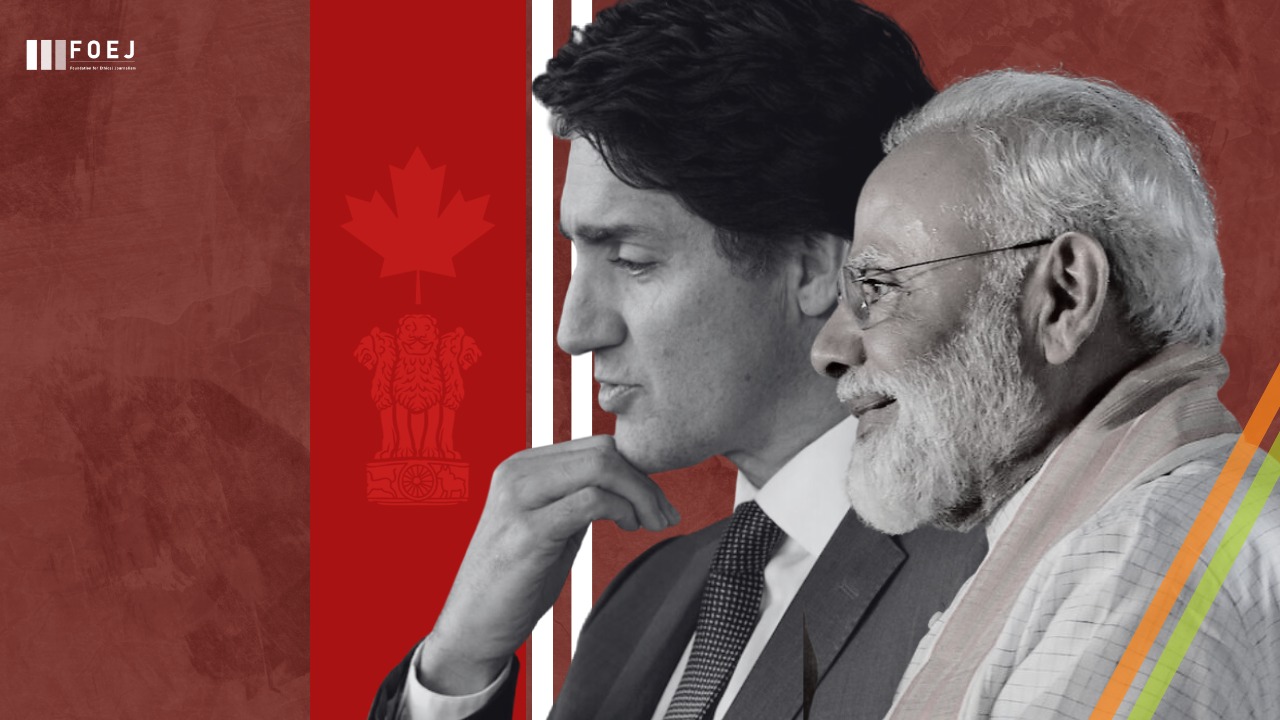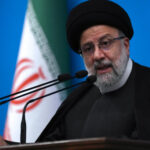In a significant development, Canada has reportedly relocated the majority of its diplomats stationed outside New Delhi to Malaysia and Singapore, escalating tensions between the two countries. The move comes in response to Canadian allegations of an Indian link to the assassination of Khalistani leader Hardeep Singh Nijjar.
This shift in diplomatic presence follows India’s signals of intent to reduce the number of Canadian diplomats in the country, aiming to achieve parity in diplomatic representation.
While the external affairs ministry in India has not officially confirmed the relocation, sources suggest that back channel communications between the two nations are ongoing, addressing various issues, including the investigation into Nijjar’s killing and Canada’s diplomatic presence in India.
CTV News reports that “a majority of Canadian diplomats working in India outside of Delhi have been evacuated to either Kuala Lumpur or Singapore.” The Indian government has set a deadline for Canada to reduce its diplomatic staff to match the number of Indian diplomats in Canada by October 10, hinting at potential consequences if this is not met.
Canada’s diplomatic footprint in India extends beyond New Delhi, with consulates in Bengaluru, Chandigarh, and Mumbai, along with trade commissioner service offices in New Delhi, Ahmedabad, Bengaluru, Chandigarh, Chennai, Hyderabad, Kolkata, and Mumbai.
Earlier reports indicated that India had requested Canada to withdraw 41 of its 62 diplomats in India by October 10, warning that their diplomatic immunity would be revoked if this request was not heeded.
When questioned about these reports, Arindam Bagchi, spokesperson for the external affairs ministry, stated that discussions were ongoing to determine the modalities for achieving parity in diplomatic presence. He emphasized the need for reduction since Canada’s diplomatic representation in India far exceeds that of India in Canada.
Canada’s foreign ministry had also noted last month that it was assessing its staff complement in India due to threats received by some diplomats on social media platforms.
This diplomatic dispute between India and Canada has been exacerbated by Canadian Prime Minister Justin Trudeau’s allegation of the involvement of Indian government agents in Nijjar’s killing. India, however, swiftly rejected these claims as “absurd” and showed willingness to consider any information provided by Canada regarding the incident.
Hardeep Singh Nijjar, a designated terrorist in India, was shot dead by unidentified gunmen in the parking lot of a gurdwara in the Canadian town of Surrey in June, triggering a diplomatic standoff.
In a separate development, James P. Rubin, the US special envoy and coordinator of the Global Engagement Center under the state department, commented on the ongoing diplomatic rift between India and Canada. Rubin noted that this dispute was an area “ripe for information manipulation.” During an online media briefing, he urged India to support and advance the investigation into Nijjar’s killing, emphasizing the importance of cooperation to discover the truth.
Rubin also addressed the potential for disinformation campaigns, including those orchestrated by China, stating, “This is obviously an area that is ripe for information manipulation.” While he did not provide specific evidence of Chinese involvement in the Canadian-Indian issue, he highlighted China’s persistent efforts to interfere in the domestic affairs of Canada.
The escalating tensions between India and Canada, marked by diplomatic staff relocations and allegations, pose a challenge for both nations. Achieving diplomatic parity and resolving the issues at hand will be crucial for restoring stability and cooperation in their bilateral relations.









